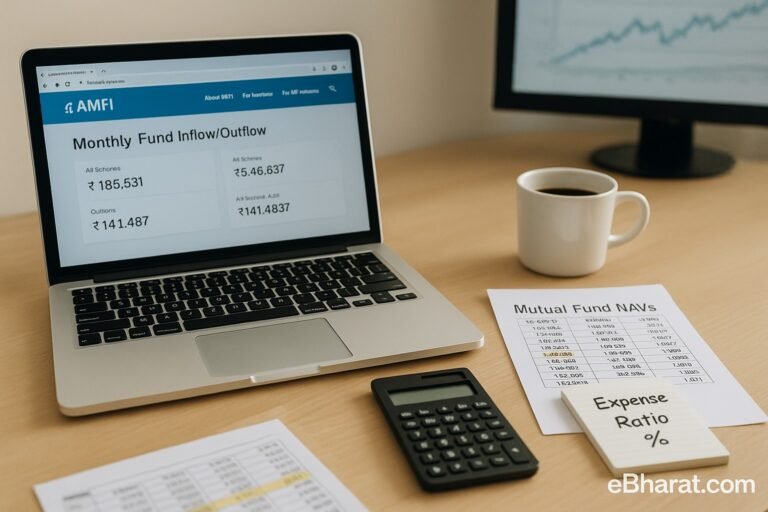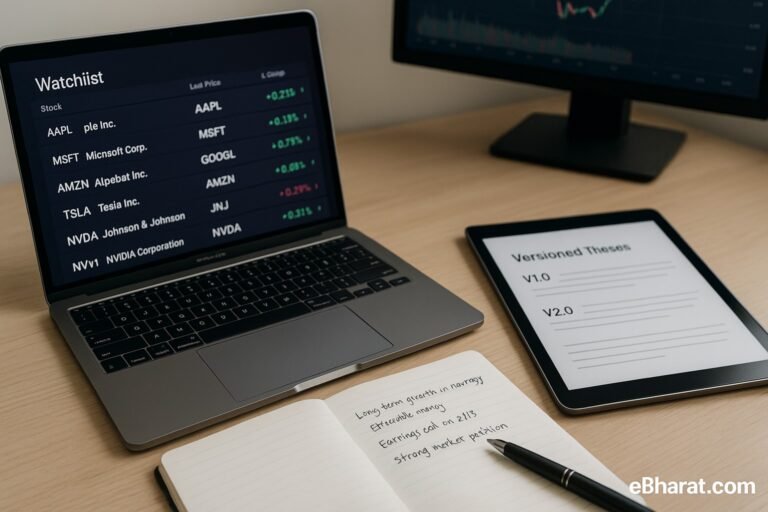
Indian investors are finally warming up to safe debt products like Treasury Bills (T-Bills), Government Securities (G-Secs), State Development Loans (SDLs), and Corporate Bonds. But most people still get confused—what’s the difference, how do yields work, what about tax, and where can you actually buy them?
This guide will walk you through everything step by step.
What Are T-Bills, G-Secs, SDLs & Corporate Bonds?
- Treasury Bills (T-Bills) – Short-term government borrowings with maturities up to 364 days. They don’t pay interest but are issued at a discount and redeemed at face value.
- Government Securities (G-Secs) – Long-term government bonds with maturities from 5 to 40 years. They pay semi-annual coupon interest.
- State Development Loans (SDLs) – Similar to G-Secs but issued by individual state governments to fund projects.
- Corporate Bonds – Issued by companies. Riskier than G-Secs but usually offer higher yields.
How Yields Work
The term yield simply tells you how much return you’re making on the bond:
- Coupon Yield – Fixed rate of interest (e.g., 7% annually).
- Yield-to-Maturity (YTM) – The effective return if you hold till maturity, considering price changes.
Example: If you buy a ₹100 G-Sec at ₹95, your YTM will be higher than 7% because you paid less than face value.
Taxation Rules
Bond returns in India are taxable:
- Interest Income – Taxed as per your income tax slab.
- Capital Gains – If you sell before maturity, gains are taxed at 10% (long-term, >12 months) or slab rate (short-term).
- TDS – Not deducted on government bonds, but may apply on some corporate bonds.
How to Buy
1. RBI Retail Direct
The RBI launched Retail Direct Gilt (RDG) to let individuals buy T-Bills, G-Secs, and SDLs directly.
- Sign up on the RBI Retail Direct website.
- Link your bank account and demat details.
- Participate in primary auctions or buy in the secondary market.
2. Brokers & Platforms
For corporate bonds and easier trading, brokers and fintech apps are the go-to option.
- Zerodha, HDFC Securities, ICICI Direct all list government and corporate bonds.
- Fintech bond marketplaces (like GoldenPi, IndiaBonds) make it simple to compare yields and maturities.
Typical Yields in 2025
| Instrument | Tenure | Expected Yield (2025) |
|---|---|---|
| T-Bills | 91–364 days | 6.4%–6.7% |
| G-Secs | 5–40 years | 7.0%–7.3% |
| SDLs | 5–20 years | 7.2%–7.5% |
| Corporate Bonds | 3–10 years | 7.5%–9.0% (depending on rating) |
If you want safety and guaranteed returns, T-Bills and G-Secs are the best. If you want higher returns but can handle a bit more risk, explore SDLs and high-quality corporate bonds.
For beginners, starting with RBI Retail Direct is the simplest. But if you want flexibility, secondary trading and broker platforms are more convenient.
Indians often think investments are limited to stocks, FDs, and mutual funds. But bonds are now accessible directly—safer than equities, with better returns than savings accounts. Learning the basics today could secure your portfolio tomorrow.
Start Investing in Bonds Today
Explore safe returns with T-Bills, G-Secs, SDLs, and Corporate Bonds. Buy directly via RBI Retail Direct or through trusted broker platforms in India.
Invest in Bonds Now












